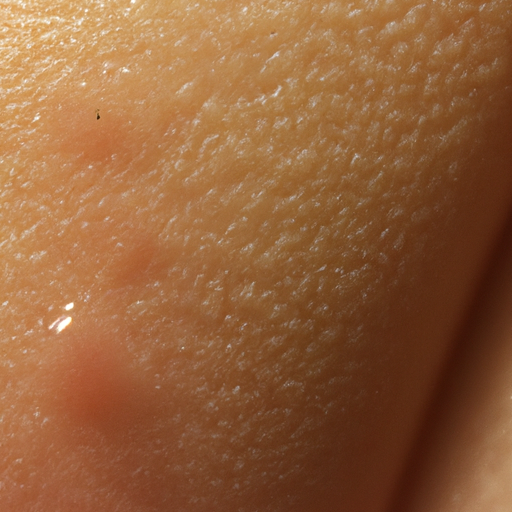As a medical professional, I often encounter patients who struggle with oily skin. It can be a source of discomfort and self-consciousness, but it’s important to remember that oily skin is not a personal failing or something to be ashamed of. It’s simply a matter of your body’s natural processes working a little too hard. With the right approach, you can conquer oily skin and unmask your natural radiance.
Oily skin is primarily caused by an overproduction of sebum, an oily substance that helps protect the skin and keep it hydrated. This overproduction can be triggered by various factors including genetics, hormonal changes, stress, and environmental conditions.
The first step in managing oily skin is to understand that oil is not inherently bad. In fact, it’s essential for maintaining healthy skin. The goal isn’t to eliminate oil but to balance it. Stripping the skin of its natural oils will only cause it to produce more, creating a vicious cycle.
A common misconception is that moisturizing contributes to oily skin. This couldn’t be further from the truth. Even oily skin needs hydration. The key is to use a lightweight, oil-free moisturizer that won’t clog pores. Look for products with hyaluronic acid or glycerin, which provide hydration without adding oil.
Cleansing is another crucial part of managing oily skin. However, avoid harsh soaps or cleansers that can strip your skin of its natural oils. Instead, opt for gentle, oil-free cleansers. Consider using a cleanser with salicylic acid, which can help control oil production and prevent breakouts.
Exfoliation can also help manage oily skin by removing dead skin cells that can clog pores and increase oil production. However, it’s important not to overdo it. Over-exfoliation can irritate the skin and trigger more oil production. Aim to exfoliate once or twice a week with a gentle, oil-free product.
Diet also plays a role in skin health. Consuming a diet rich in fruits, vegetables, lean proteins, and whole grains can help promote healthy skin. Avoid foods high in sugars and fats, which can trigger inflammation and exacerbate oil production.
Lastly, stress management is crucial. Stress can trigger hormonal changes that increase oil production. Incorporating stress-reducing activities like yoga, meditation, or simply taking time for yourself can help manage oily skin.
In conclusion, conquering oily skin is not about eliminating oil but about achieving balance. It’s about understanding your skin and giving it what it needs to be healthy and radiant. With the right skincare routine, diet, and stress management techniques, you can conquer oily skin and unmask your natural radiance.
Remember, everyone’s skin is unique. What works for one person may not work for another. It’s always best to consult with a dermatologist or skincare professional to determine the best approach for your specific needs. Don’t let oily skin mask your radiance. Embrace your skin and let your natural beauty shine through.



